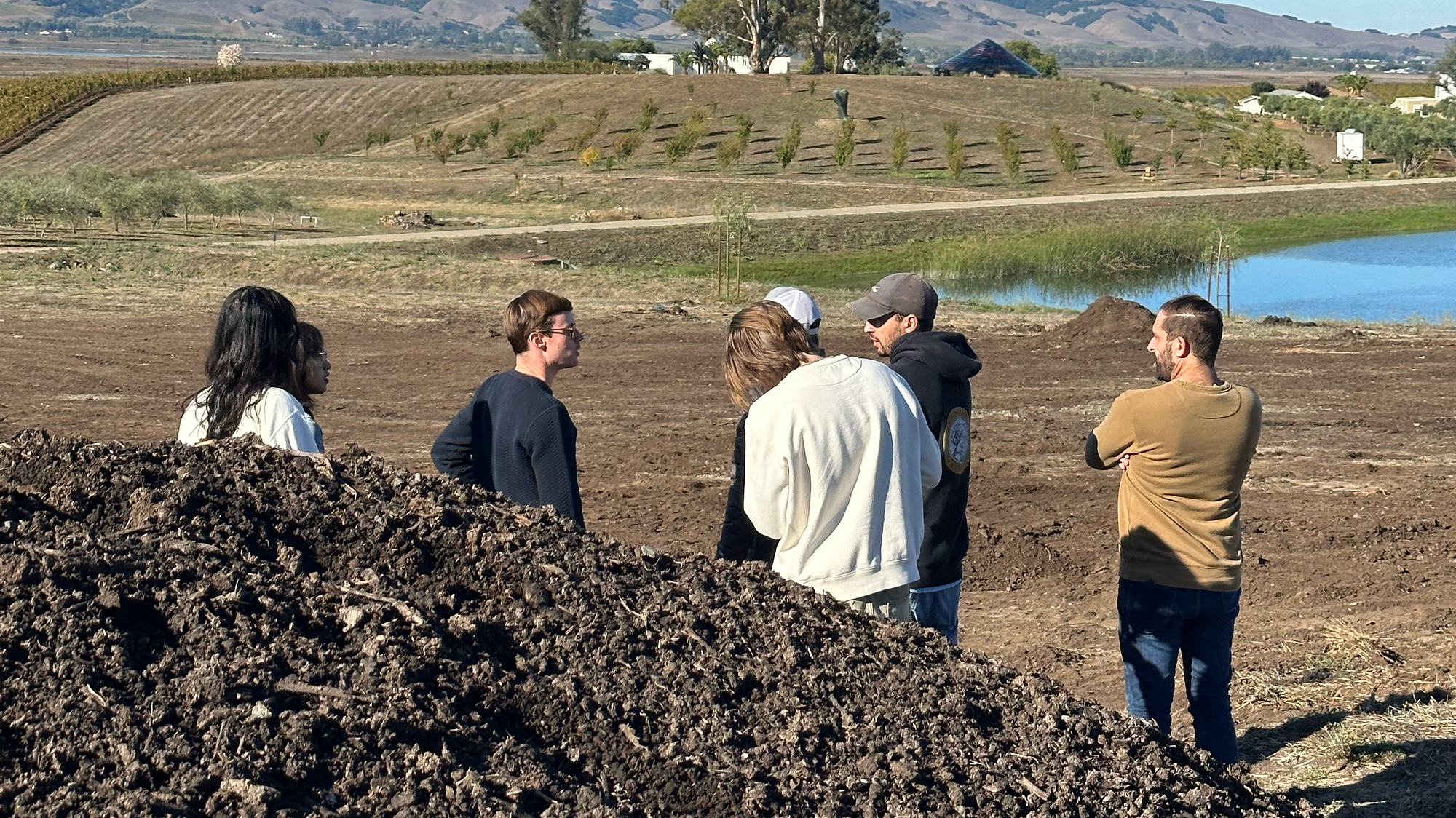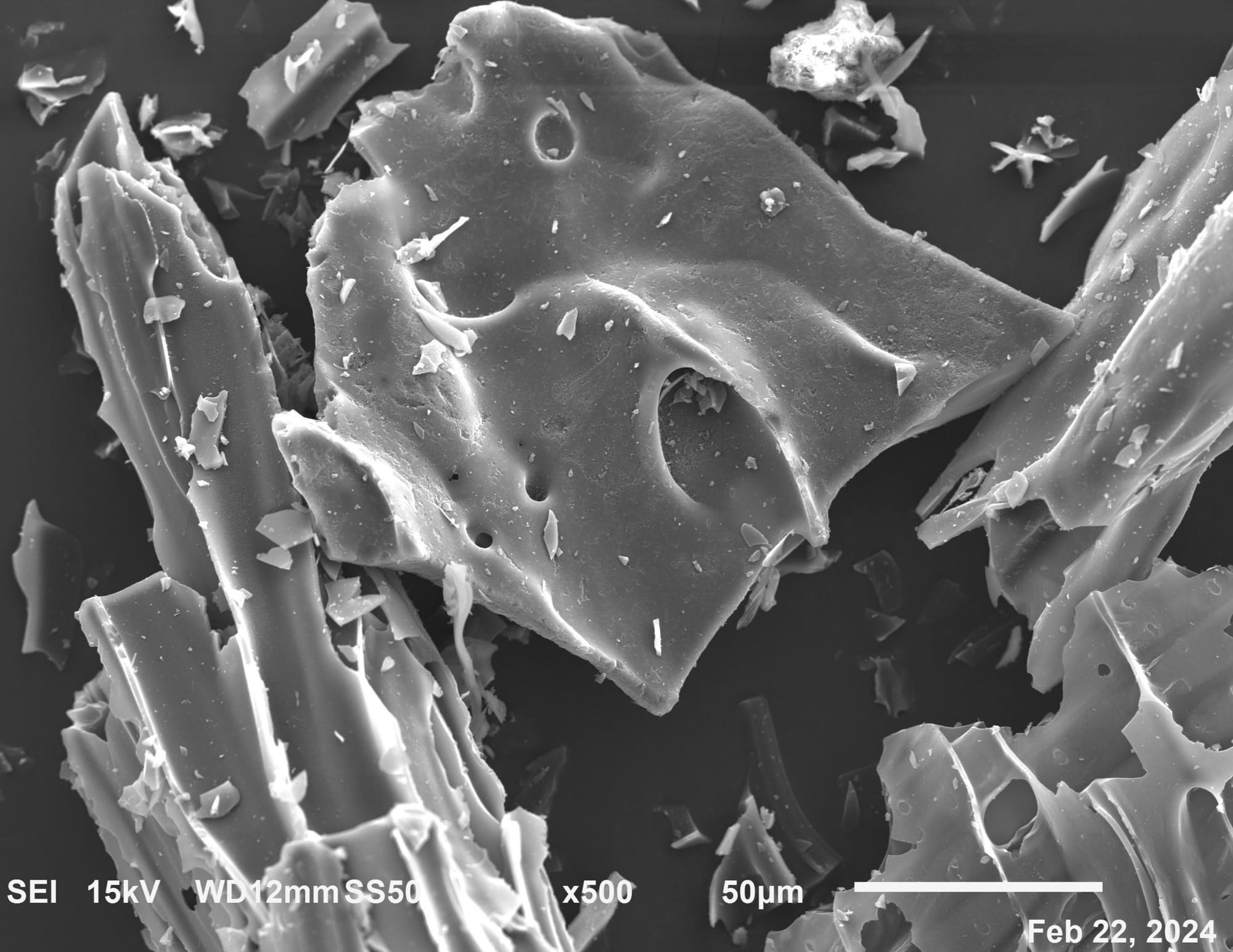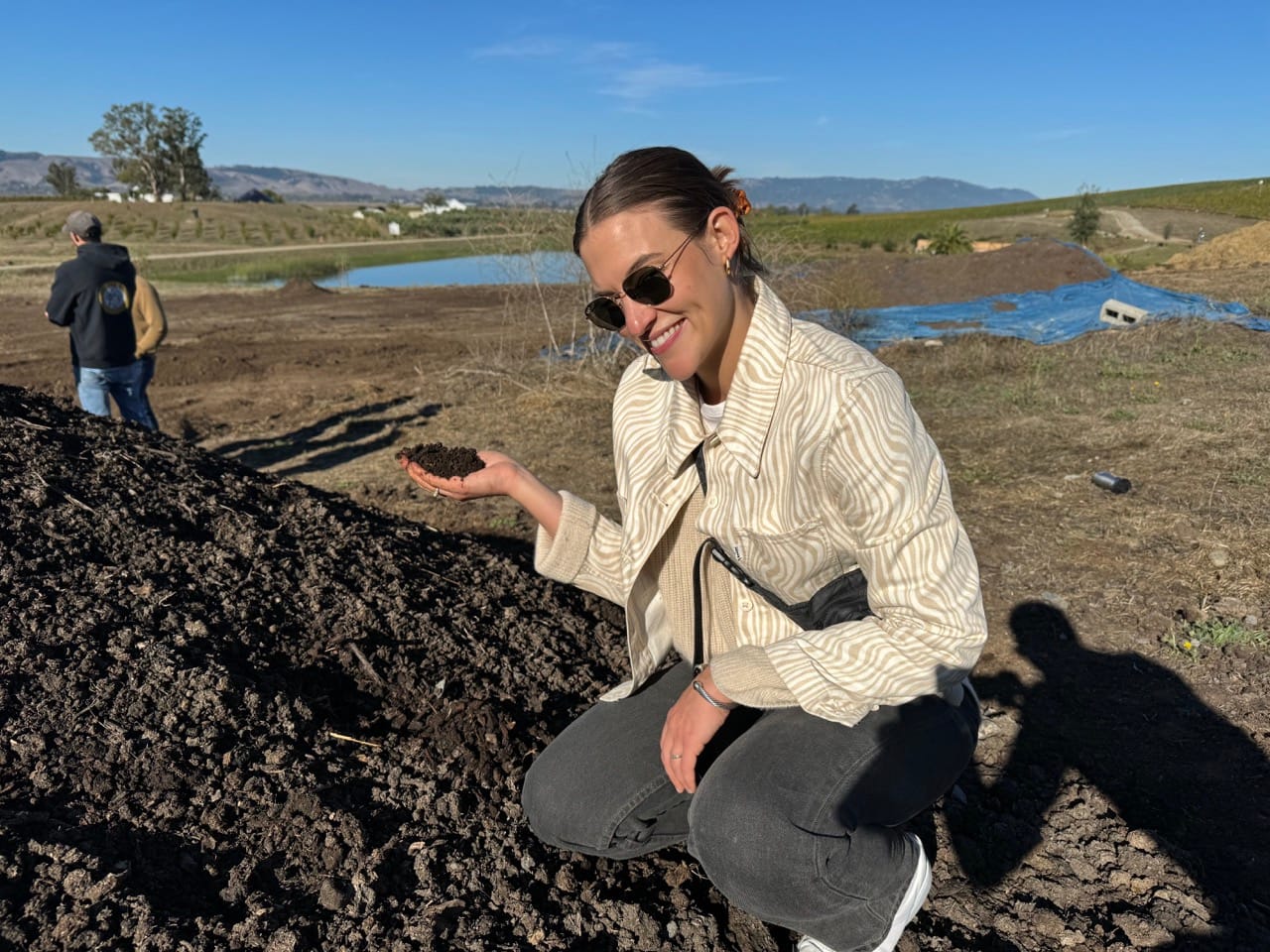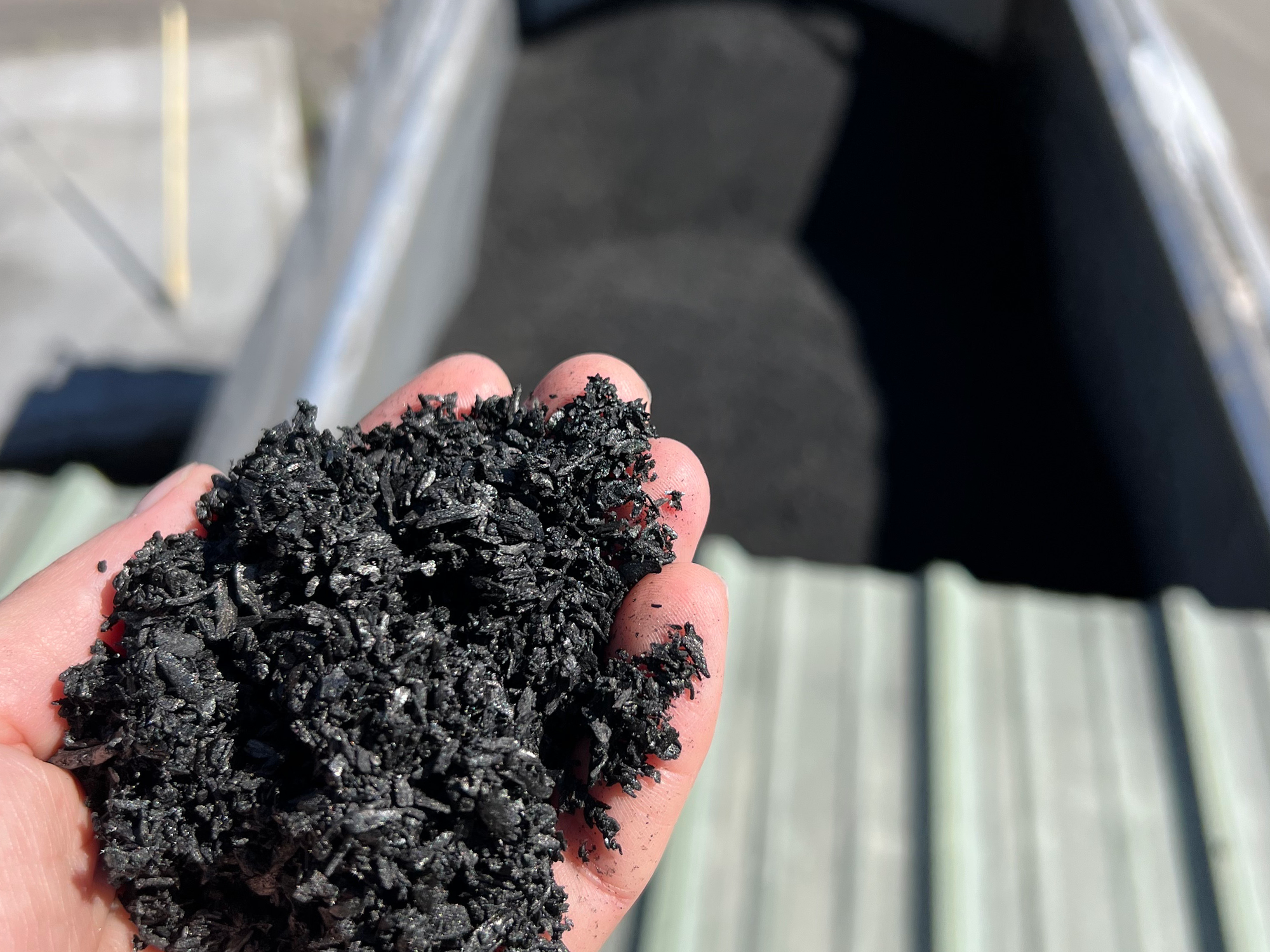$1M raised for world-leading biochar carbon removal
Wren members have raised over $1M for our biochar project partner, which was last year’s world leader for durable carbon removal deliveries.

We’ve changed this project name from Biochar in California to Biochar carbon removal. When we first started funding our project partner, we exclusively supported their operations in California. Since then, they’ve grown and we’ve grown. We now proudly fund their operations in multiple states, including California and Georgia.
Just the gist
Short on time? Here’s what you need to know for this update:
- 👏 Raising $1M for biochar as a Wren community — Wren members have raised over $1M for our biochar project partner, which was last year’s world leader for durable carbon removal deliveries.
- 🏭 Recertifying facilities and establishing new ones — Our partner is working to recertify their facility in Humboldt County and gearing up to bring on two more locations in California this year.
- 🐄 Exploring new real-world applications for biochar — Research is underway to determine whether biochar can help reduce methane emissions that occur when manure from dairy cows is composted.
For more project updates, follow Wren on Twitter and Instagram.
Raising $1M for biochar as a Wren community
As a Wren community, we’ve achieved many milestones with our project partner, Pacific Biochar.
Back in 2021, Wren welcomed Pacific Biochar into our Wren Classic portfolio. Pacific Biochar was a true leader in their field—the first registered biochar project in North America. Later, other organizations like Microsoft followed in our footsteps to start funding them, too. Since then, Pacific Biochar has continued to earn their stripes, being named the world leader for durable carbon removal deliveries in 2023.
The University of Oxford estimates the need for 7-9GT of global carbon removal annually by 2050 to meet Paris Agreement temperature targets. Biochar carbon removal is one tool to help us get there.
Over the past three years, Wren members have funded facility upgrades, specialized equipment, and scientific trials to produce biochar, refine production processes, and research application methods to remove as much carbon from the atmosphere as possible.

We even got to see in person how biochar is used as fertilizer, on a Wren team visit to the Donum Estate vineyard in California.

Today, we’re thrilled to celebrate another milestone, raising over $1M USD for Pacific Biochar as a Wren community over the past three years. When we first started funding them back in 2021, it was hard to imagine reaching this scale of support. Thank you for making a difference.
Recertifying facilities and establishing new ones
Our project partner currently operates two facilities in Georgia—in the cities of Colbert and Carnesville—and one in Humboldt County, California.
The Humboldt Sawmill facility is currently up for recertification. This will involve an independent audit from Carbon Standards International using the European Biochar Certificate (EBC) C-Sink methodology and on-site visits from organizations like CERES—an international inspection and certification body. This recertification process will help our partner prove that their biochar is produced to a consistently high standard and can sequester and durably store carbon from the atmosphere.

Alongside their existing locations, our project partner is working to launch two new facilities. One is set to open this month in Anderson, California, leveraging the United States and Canada Biochar Protocol from Climate Action Reserve. The other is scheduled to begin operations in Wendell, California by the end of this year.
Exploring new real-world applications for biochar
Biochar is a versatile substance with applications in many environments. It can be used as fertilizer on cropland to improve soil quality and yields, or as a binding agent to prevent landfills from leaching hazardous chemicals when it rains. Our project partner has been exploring new uses for their biochar, such as adding it to manure from dairy cows as it composts.
The global dairy sector is responsible for 4% of anthropogenic greenhouse gas emissions—emissions driven by human activity. Methane from cow manure is one of the largest culprits in this sector, alongside the enteric methane released when cows belch.
In the United States, manure is the fourth largest anthropogenic source of methane and nitrous oxide emissions, releasing more than 60 million tonnes of CO₂e into our atmosphere annually. Methane emissions from dairy cattle manure have increased 108.7% from 1990 to 2022.
Our partner is testing whether methane can be reduced in this high-emissions sector by applying biochar to manure as it composts. We’re looking forward to hearing the results of their research.

That's all for this update! As always, thank you for your support.
— the Wren team 🧡

